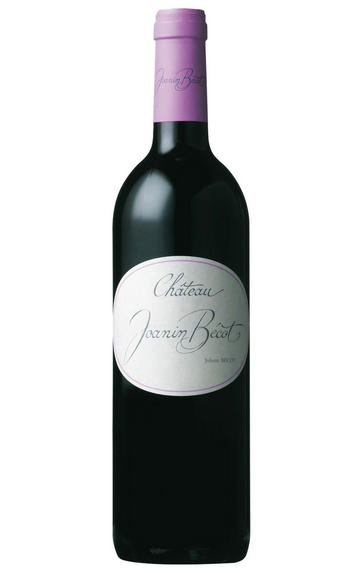
2021 Château Joanin Bécot, Castillon - Côtes de Bordeaux
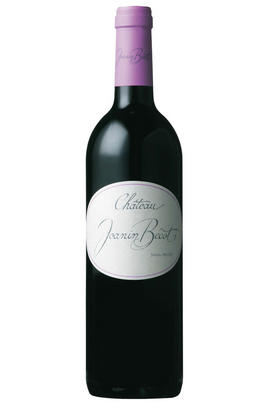
Critics reviews
The 2021 Joanin Bécot has a very appealing, pure black cherry and cassis bouquet that opens nicely in the glass. The palate still has a bit of gas, but I appreciate the balance and freshness, and the structure on the finish. This is promising.
Drink 2027 - 2035
Neal Martin, vinous.com, (May 2022)
This 14-hectare vineyard in the Côtes de Castillon has delivered a fine performance with the 2021 Joanin Bécot. Offering up aromas of cherries, dark berries and subtle hints of pipe tobacco, it's medium to full-bodied, fleshy and precise, with a generous core of fruit framed by fine tannins and a bright spine of acidity. It's a characterful, beautifully made wine that punches above its weight.
William Kelley, Wine Advocate (Apr 2022)
A juicy red with plum, coffee and light tobacco character. Medium-bodied with medium, round tannins and a savory finish.
James Suckling, jamessuckling.com (May 2022)
About this WINE
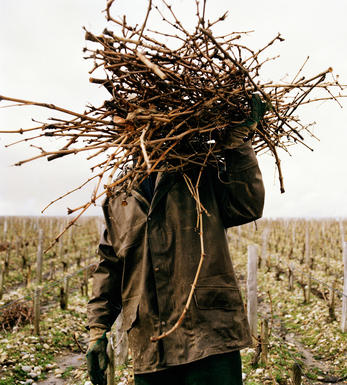
Chateau Joanin Becot
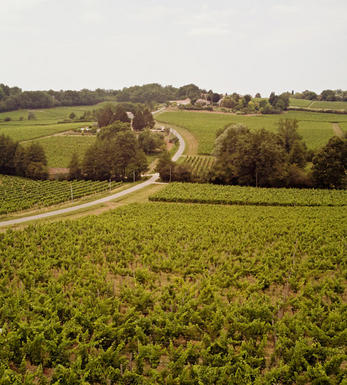
Côtes de Castillon
To the east of the St Émilion wine appellation, and on the north bank of the Dordogne, Côtes de Castillon has been the site of considerable interest and investment since the early 2000s. Wine production is significant, yielding over 1.5 million cases per annum and quality is quite variable, ranging from the everyday from the sandy and light gravel soils to imposing, aspirational wines benefiting from considerable investment, and made from the clay and limestone vineyards on higher slopes.
The style of these latter wines is akin to good St Émilion, and the wines use predominantly Merlot and Cabernet Sauvignon. In common with other regions recognised to produce interesting and good-value wines, several well-known St Émilion proprietors have invested in the appellation over the past decade, among them Gérard Perse of Ch. Pavie, Stephan Von Neipperg of Canon-la-Gaffelière, and consultant Stéphane Derénoncourt.
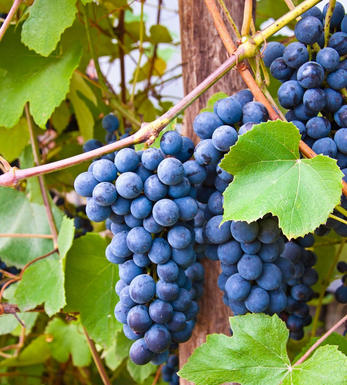
Merlot/Cabernet Franc
Merlot and Cabernet Franc are grape varieties commonly used in Bordeaux-style blends, particularly in the Bordeaux region of France. When these two grapes are blended, they can create a wine that combines the best characteristics of each variety.
Merlot is known for its smoothness, soft tannins, and ripe fruit flavours. It often contributes black cherry, plum, and chocolate flavours to the blend. The grapes are relatively easy to grow and ripen earlier than other Bordeaux varieties, making them versatile for blending.
Cabernet Franc, on the other hand, adds structure, depth, and complexity to the blend. It typically brings aromas of red fruits such as raspberry and strawberry, along with herbal notes like bell pepper and tobacco. These grapes have thinner skins and can be more challenging to cultivate, requiring specific growing conditions to reach their full potential.
When Merlot and Cabernet Franc are combined, the result is a well-balanced wine with various flavours and aromas. The blend often exhibits a Bordeaux wine's medium to full body, along with a smooth texture and moderate tannins. The specific flavour profile can vary depending on the proportions of each grape in the blend and the terroir and winemaking techniques employed.


Buying options
Add to wishlist
Description
Merlot 85%, Cabernet Franc 15%
Juliette Bécot’s distinctive style at her St Emilion property works well here in Castillon. The appellation’s sometimes slightly rugged edge is smoothed and loosened to an expressive and generous wine with sufficient dimension to make this very rewarding. No SO2 is used before a 10-day cold soak, followed by an ultra-gentle infusion and short extraction. Ageing is in various vessels, including 15% in amphorae and 6% in 20-hectolitre casks. Wonderful blueberry and tobacco notes run through the wine; the finish is correctly assertive and crunchy. Drink 2025-2035.
Our score: 16/20
Berry Bros. & Rudd, April 2022
wine at a glance
Delivery and quality guarantee